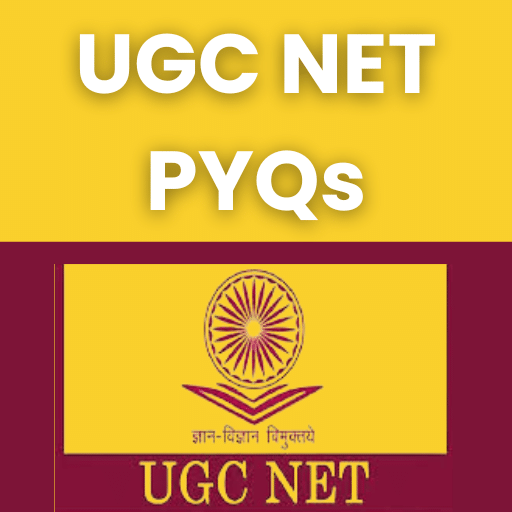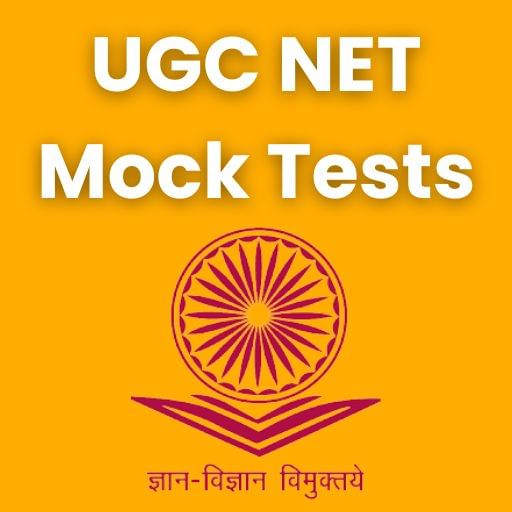Effective Management Development Program - Human Resource Management | Human Resource Management - B Com PDF Download
Introduction
Approximately 90% of candidates considered for a management development programmefall into one of two categories: junior management personnel starred for progression to the next level, or current managers who are expert in their own function, but do not have the necessary people management skills to fulfill employer expectations fully.
A company that has decided to prime candidates for future management, or to expand their existing skill set, will usually decide to take the task outside of their own business influence.
But what makes a good choice of management development programme and what should be considered the essential elements?
Short vs a Long-Term Management Development Programme
It has been shown that the most effective management development programmes are the long-term ones, lasting from 6 to 12 months, rather than ‘crash’ courses which usually only have a duration of 1 to 14 days.
The latter category can certainly provide instant up-skilling and boost confidence. However it is easy for a candidate to return to work following an inspiring management or leadership training course, only to find that they are the only one that is actually inspired and those effects can very quickly wear off when hit with a work crisis.
A longer term, modular approach usually makes much more sense. After all, people are individuals, so working individually with a candidate on an ongoing, relevant basis provides the right scenario and gives suitable candidates an excellent grounding to move forward from.
What is Required?
Long-term programmes will usually require candidates to undertake an initial assessment, which usually requires commitment away from the business. This would then be followed up with regular reviews, further training and company-related activities over the course of the programme or beyond.
From the outset, most candidates will naturally be fully conversant with their own company and its strategies. The chances are that someone in HR, or at an upper management level, will have discussed the course at length with the candidate.
Once a timescale for ongoing development has been agreed, a good programme will make extensive pre-course information available for the candidate to digest (and hopefully spark the desire for them to research further) before commencement.
For any level of management development programme, there are 7 essential ingredients required to give candidates the very best chance of succeeding in their chosen or potential role:
-
Good tutors who have varied practical experience and empathy, as well as qualifications on paper.
-
Initial input, including a one-to-one breakdown of current and potential roles, with an expert in the sector, but outside of the workplace.
-
A varied choice of appropriate course options and regular reviews to enable update/change when and if appropriate.
-
Opportunities to implement (monitored) strategies, based on course material, either in the work environment or in suitable scenarios outside of it.
-
Opportunities to be directly involved in a variety of team building methods/experiences in order to establish which are most appropriate to both the role and the team in question.
-
Encouraging the building of a peer group with other candidates in a similar situation, thus allowing the opportunity to observe alternative management skills/methods – and learn from each other.
-
Appointing a knowledgeable and reliable mentor in the workplace who is able and willing to discuss all aspects of both the course and ongoing progress in the working environment with the candidate and tutors.
Summary
Support from the right channels within the work environment is absolutely imperative to succeed in a management role.
Although it is well-worn cliché, positive reinforcement does actually work! Having the opportunity to bounce ideas off others in a similar situation and to give them a trial run without pressure can be the making of an exceptional manager.
Management is not just about managing and/or delegating day-to-day tasks and routines. A manager must be able to understand people and their individualities to get the best from them and a good management development programme will help to instill and define those traits.
Beyond the programme the manager must be able to regularly evaluate their role against their achievements and the objectives set within the programme in order to ‘keep on track’.
Every management development programme is different – because every organisation is different. If you would like a no obligation discussion with one of our friendly and helpful consultants about your specific needs, do please contact us. We are always very happy to share our experience of putting management development programmes together which have a lasting impact.
|
57 docs|25 tests
|
FAQs on Effective Management Development Program - Human Resource Management - Human Resource Management - B Com
| 1. What is a management development program? |  |
| 2. How can a management development program benefit human resource management? |  |
| 3. What are some key components of an effective management development program? |  |
| 4. How can organizations measure the effectiveness of a management development program? |  |
| 5. How can organizations ensure the long-term success of a management development program? |  |

























